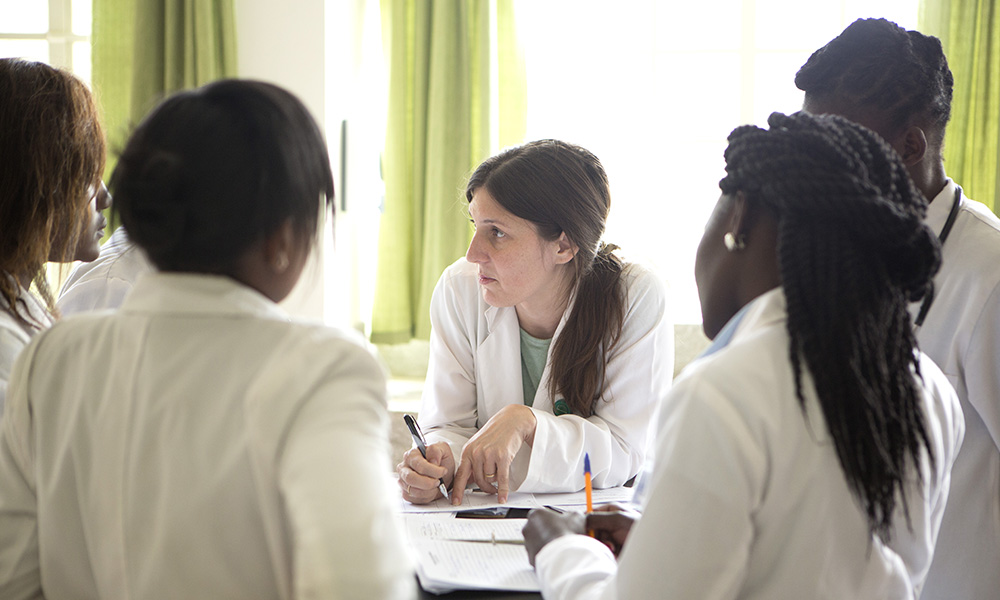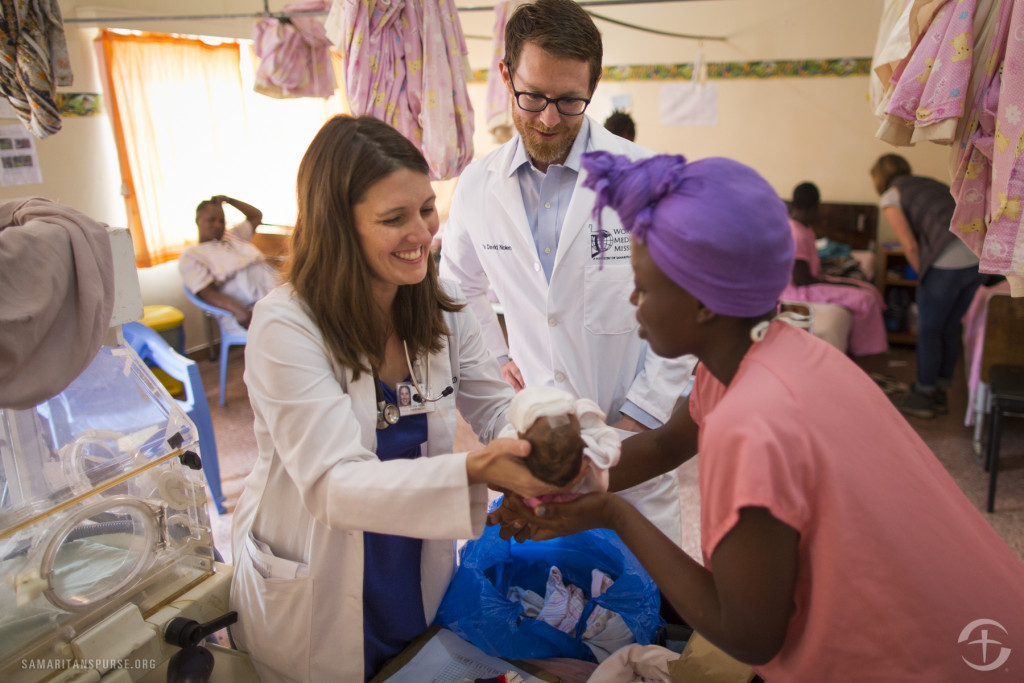
Hotness
This morning, after a very emotional conversation with the parents of a 3 week old in kidney and heart failure in our ICU, I was speaking to our wonderful Somali chaplain:
“I heard a story about you on the ward. . .”
Oh gracious, I thought, why in the world have they been talking about me?
“The ladies in the bed beside your patient’s parents [the family I had just spoken to], said there is a white lady doctor in the ICU that looked very hot yesterday. . .”
“Excuse me?” I stopped her, trying to think of what I had worn the day before. . .hoping my dress had not been inappropriate for this Somali family.
“Hot,” she said, “they could tell that you cared a lot.”
“Ohhhh,” I said, “Hurt?”
“Yes,” she said, not missing a beat, “when the child recovers, they will bring him back to you when he is older to show you the good work you have done because you have cared much.”
“I hope that is okay,” I said, not wanting to miss the social cues.
The nurse beside Tabitha chimed in, “No, it is,” she said. “You care for patients here like you are their mother. It is good.”
A bright and humorous spot in a hard day, mostly in the fact that I was the only one confused of all the people in the room..
“Hot” in Kenya carries none of the “hot or not?” connotations it does in the States. “Hotness of body” is the Kenyan description of fever. . . .”The patient has had hotness of body for three days” tells me the duration of fever and illness, nothing else.
I am used to hotness of body, but days like today make me realize that I still can miss a lot in translation.
